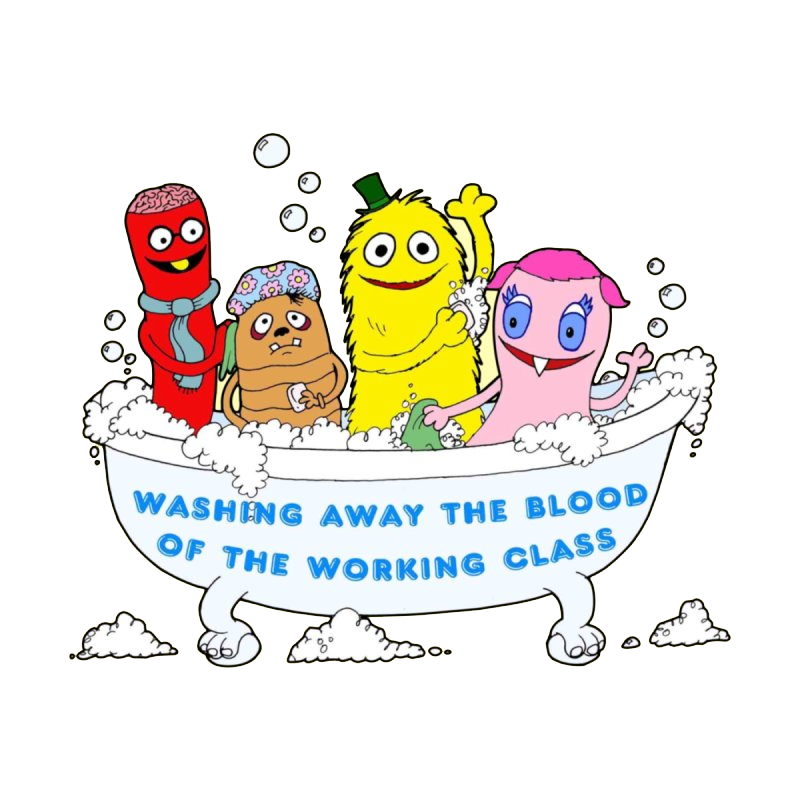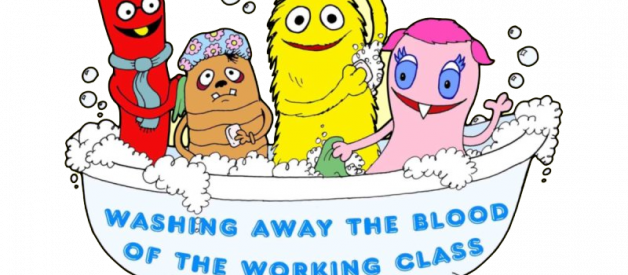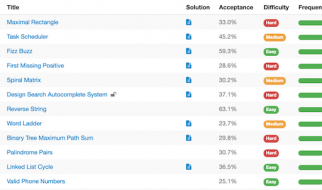
There?s no other way to say it: comedy sucks now. In a world where Americans are exposed to the worst of humanity daily, there?s not much comedy can do to soothe the burn. Post-Trump comedy is embarrassingly impotent. While the alt right actively dehumanizes anyone who isn?t straight or white or conservative in the name of lulz, the milquetoast ?resistance? is busy trying to figure out new ways to compare the administration to Harry Potter. ?At best [comedy] can describe the nightmare but it certainly can?t influence it.?, said John Lee of the New York art collective PFFR in an interview with The Fader last year.
John Lee, along with Vernon Chatman, Jim Tozzi, and Alyson Levy, were responsible for one of the most subversive programs ever shown on television in recent years. Wonder Showzen, which premiered on MTV2 in 2005, directly after the re-election of George W Bush, was a breath of fresh air during a time that seemed exceptionally bleak. An irreverent adult send-up of Sesame Street, Wonder Showzen?s main draw was the use of actual child actors, who said some very un-childlike things. A recurring segment of the show was ?Beat Kids?, in which child reporters troll unwitting adults with questions like ?When the revolution comes, where will you hide?? (spoken to a businessman on Wall Street).
In one segment, parodying the filmed interstitials of old school Sesame Street, war footage of a plane dropping napalm is shown. ?This is what war looks like?, says the child narrator. ?But this is what peace looks like?. The footage plays in reverse, the bomb flies back into the plane and the plane explodes. Another segment features stock footage of white people set to a disco song with the words ?White people/having fun/global domination over everyone/white people/smile so bright/genocide for anyone who isn?t white.? The season 1 finale, ?Patience?, aimed its satirical cannon at the viewers themselves. The first act purposely drags on for way too long. The second act is just the first act played backwards, and the third act is an entirely new show?cut down and edited for time.
Surprisingly, MTV decided to renew Wonder Showzen for a second season, and that season was even more outrageous and boundary pushing than the first. The third episode of Season 2, ?Knowledge?, is a direct response to Bush?s re-election, and a vitriolic one at that. The yellow Muppet sendup Chauncey introduces a new character to Wonder Showzen, Middle America, a puppet shaped like the map of the red states from the 2004 election. The other puppets are so enamored by his stupidity they let him take control of the show, which he turns into a Hee Haw-esque redneck comedy called ?Horse Apples?. In a particularly genius use of meta-humor, the Horse Apples section of the show was actually focus tested among real people, and the public?s reaction was surprisingly positive. The full ?Horse Apples? show eventually aired as the second to last episode. In the true series finale, ?Cooperation?, the characters go to war with a bootlegged version of Wonder Showzen, culminating in nuclear apocalypse.
That?s not to say the show doesn?t have its missteps. Wonder Showzen got made because it co-opted the aesthetics of shows like South Park (Vernon Chatman is the producer of South Park and voices the character Towelie). There are jokes that are very of their time that have not aged well at all. But it recognized its own faults in a way that shows like South Park and Family Guy did not. A parody anti racism PSA featuring stereotypical racist caricatures of asians, blacks and Mexicans, ends with a child rolling his eyes and remarking ?Oh, I get it. Your racism is ironic.?
Wonder Showzen had a clear idea of what boundaries they were trying to push and what systems they were mocking. It?s something that?s sadly lacking in much of today?s comedy. Much of the alt right?s identity is based around being crass and ?anti-PC?. But there?s nothing wrong with being crass or offensive. If you?re going to break boundaries, you have to understand where that boundary is, who benefits from it, and who is hurt by it. Wonder Showzen understood this, and that?s why it?s aged so well. Of course, it helps that it?s also really fucking funny and quotable as shit. Daddy!


